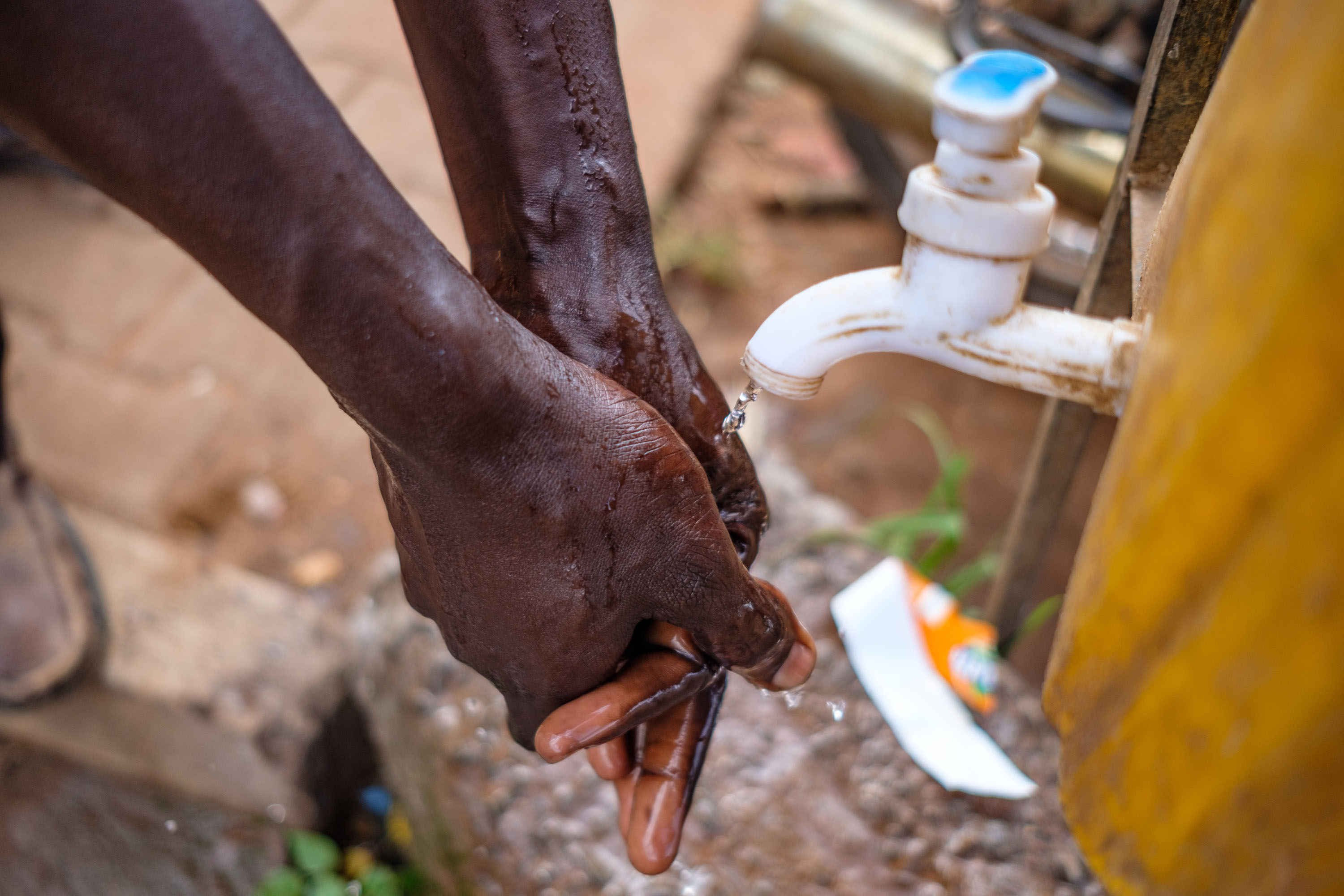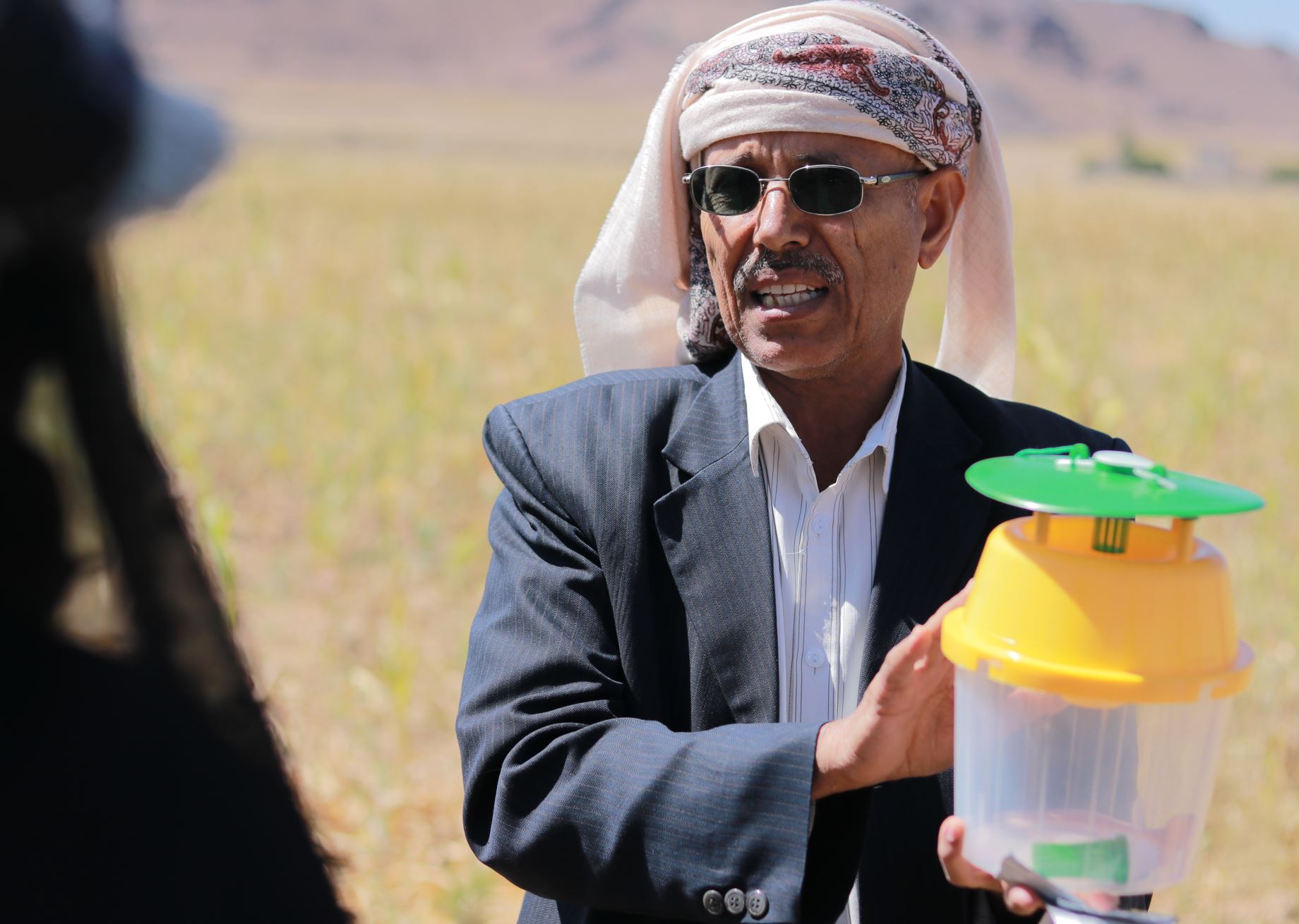The Technical Cooperation Programme (TCP) was created to enable FAO to make its know-how and technical expertise available to member countries upon request. TCP projects are subject to approval criteria that ensure relevance and sustainability of the assistance provided, while catalyzing results towards the achievement of the Sustainable Development Goals.
TCP Results since 2018
An updated monthly record of individual results from TCP Projects. For information on how the results are collected see TCP Results & Indicators
In focus
Live
.png?sfvrsn=9bdf0603_12)
TCP Evaluation 2020 - Five Years Later
FAO welcomed the independent Evaluation of the Technical Cooperation Programme (TCP) which presented its report to Governing Bodies in late 2020.
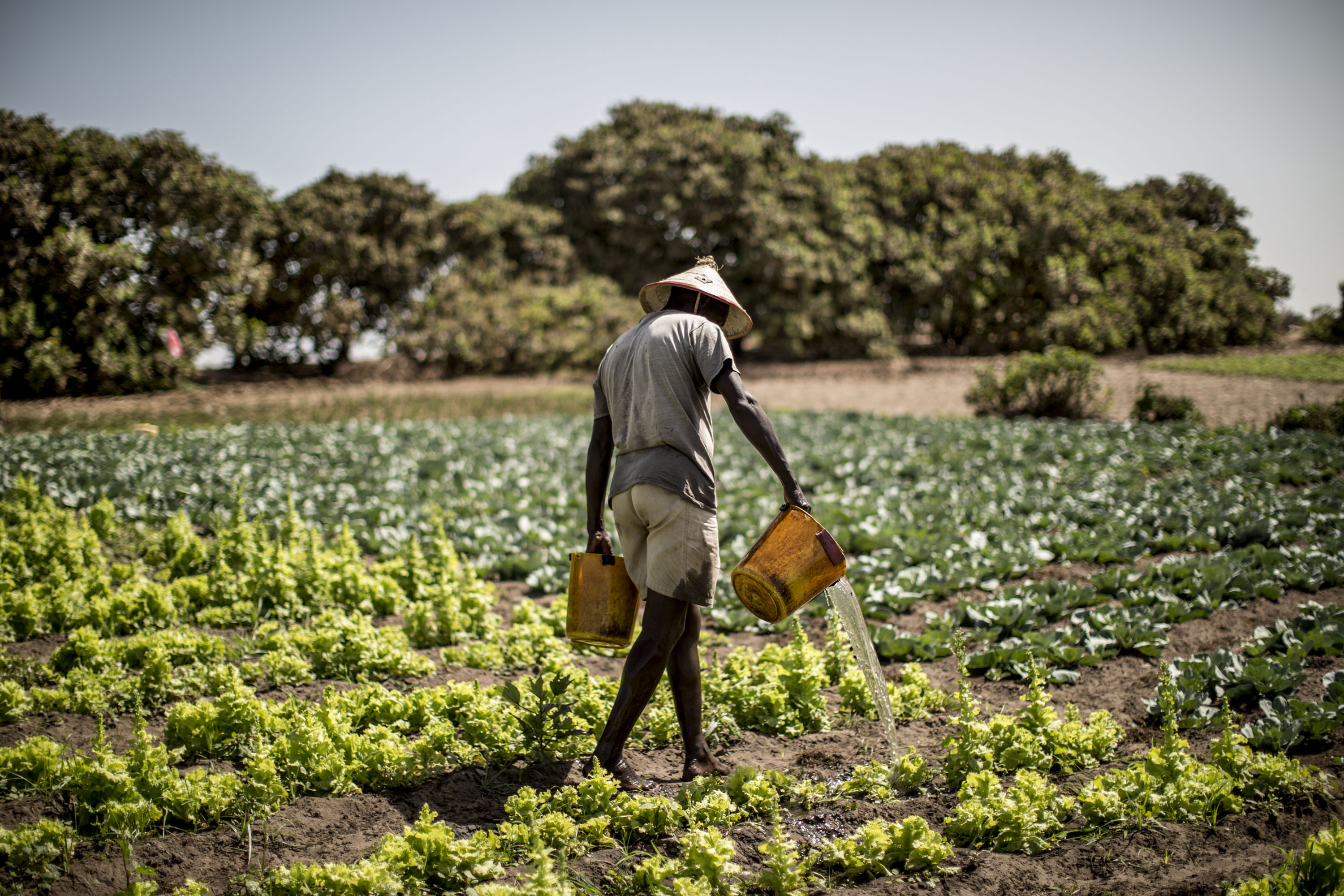
Results and Indicators
About 700 to 800 TCP projects are approved every biennium and more than 1 000 TCPs can be operational at the same time. The challenge to systematically monitor and document how the TCP delivers for Member Countries has been taken up since 2018.
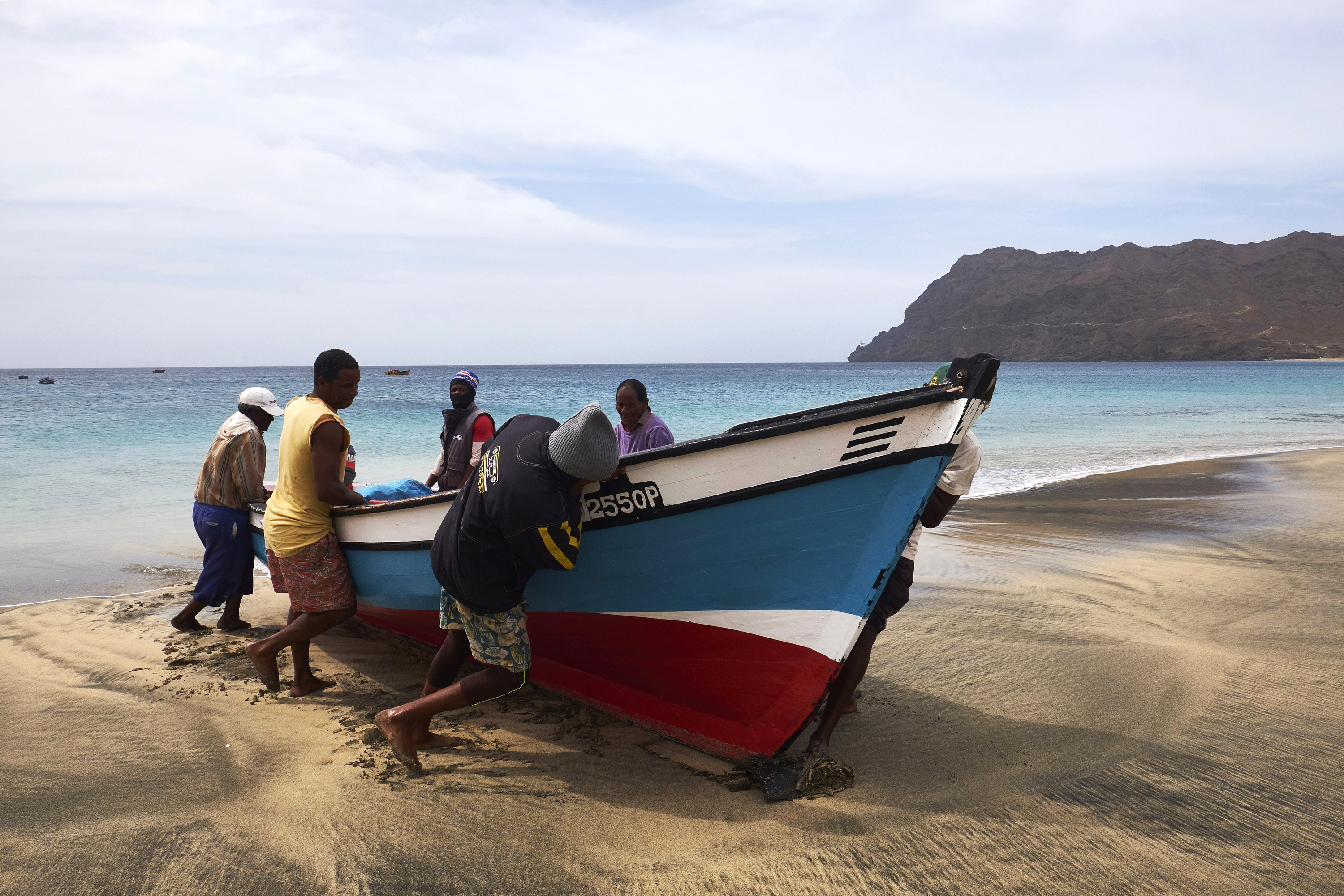
TCP and SIDS
Small Island Developing States (SIDS) are a group of low-lying island nations that are home to approximately 65 million people. Climate change, natural disasters and the distance from global markets make these nations particularly vulnerable.
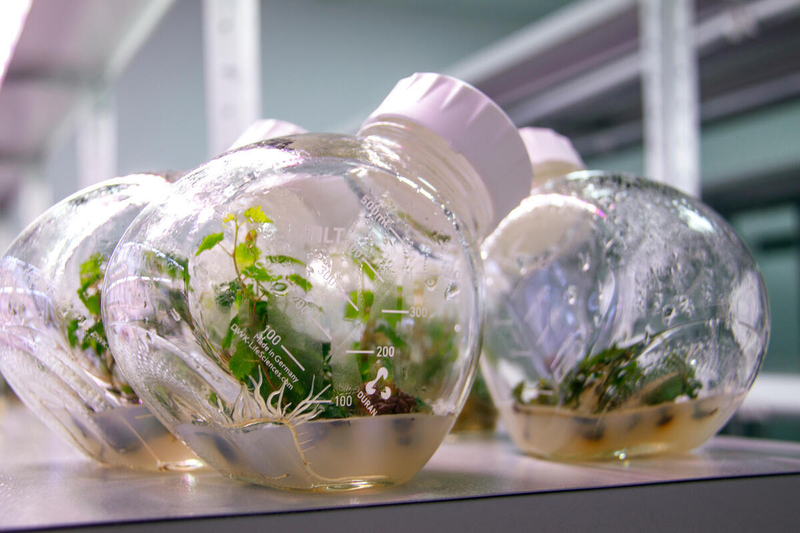
TCP as a Catalyst
By design, TCP projects are meant to complement ongoing programmes/activities. Given its scope, standalone use would unlikely be sustainable or effective. Emphasis is on complementing ongoing high priority...
_b6b2f08c-4913-4a45-9fde-90286808f752.png?sfvrsn=98a03e14_18)
TCP and Strategic Alignment
TCP funded interventions are the most frequent project type in FAO. Around 40 percent of all projects approved in a year are TCP funded, and in many countries, TCP constitutes a major part of the field programme.
_99d52c69-1de0-4a96-9839-0a5fe1ef214a.jpg?sfvrsn=e1f1306c_11)
TCP and Emergencies
Emergency TCP projects support both anticipatory action and immediate responses to disasters and early rehabilitation measures through the timely delivery of essential agricultural inputs...(more)
Multi-Media
Examples of completed projects
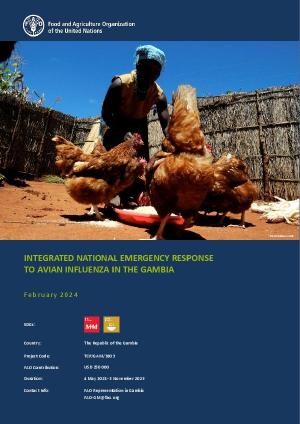
SUPPORT TO ENHANCING THE CAPACITY OF YOUTH AND WOMEN FOR EMPLOYMENT IN AQUACULTURE
11/2019
The fisheries sector of the Gambia has long been dependent on both artisanal and industrial capture fisheries; however, productivity in this area is declining for a variety of reasons. The most notable of these are the weak enforcement of fisheries laws, the high fishing effort and climate change.
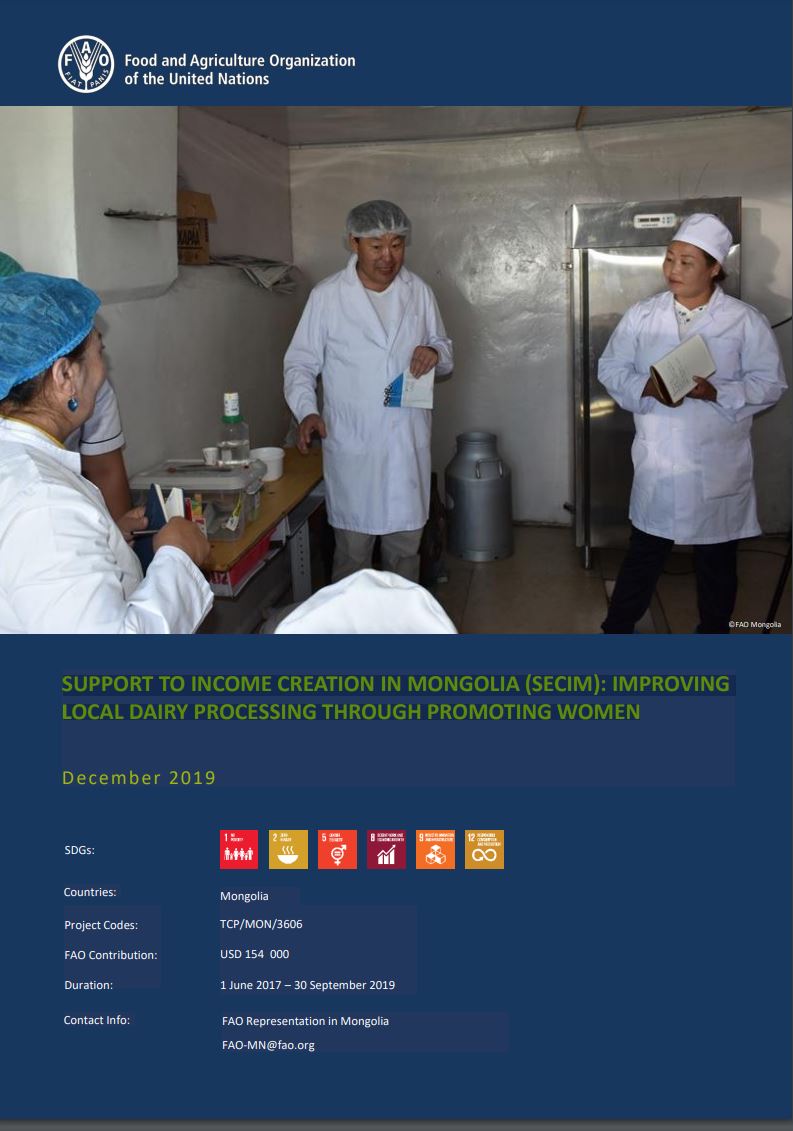
SUPPORT TO INCOME CREATION IN MONGOLIA (SECIM): IMPROVING LOCAL DAIRY PROCESSING THROUGH PROMOTING WOMEN
12/2019
Approximately 160 000 herder households in Mongolia process milk from horse, cow, yak, camel and goats in isolated homesteads when nomadic camps are set up.
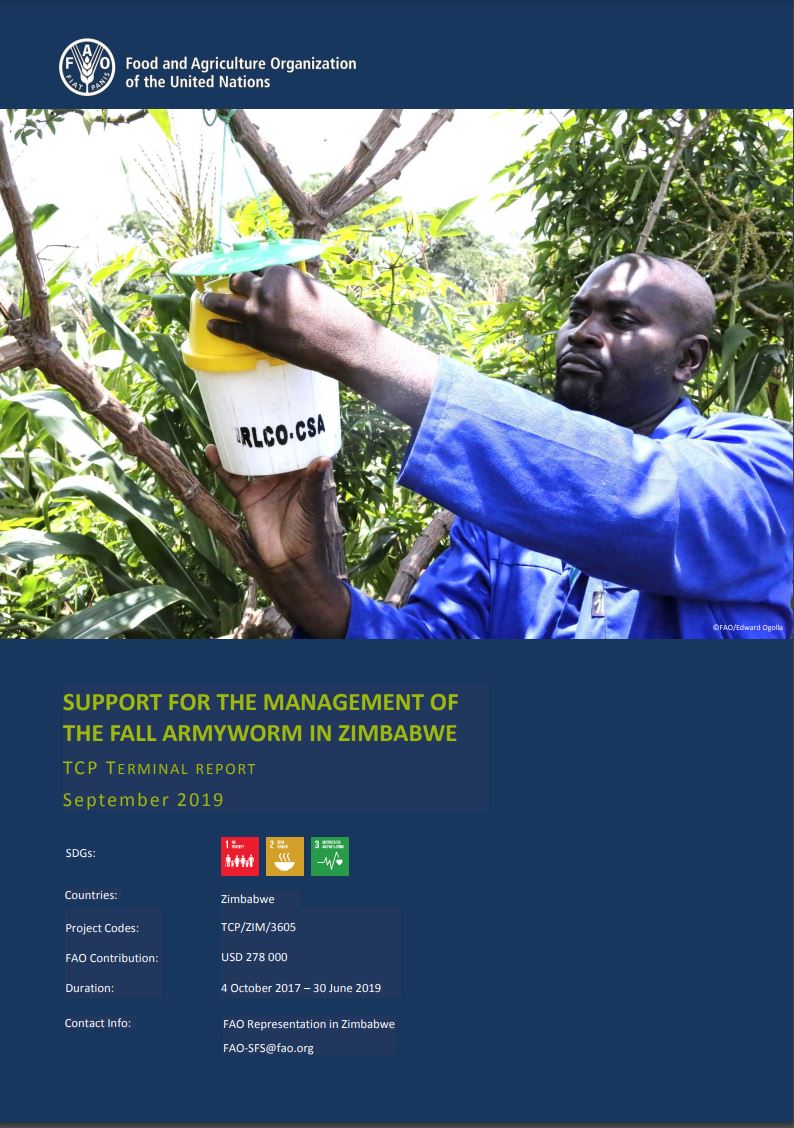
SUPPORT FOR THE MANAGEMENT OF THE FALL ARMYWORM IN ZIMBABWE
09/2019
Fall armyworm, Spodoptera frugiperda (Lepidoptera: Noctuidae) is one of the most important pests of maize production worldwide. It is a highly polyphagous migratory species that can colonize over 80 different plant species from 26 families
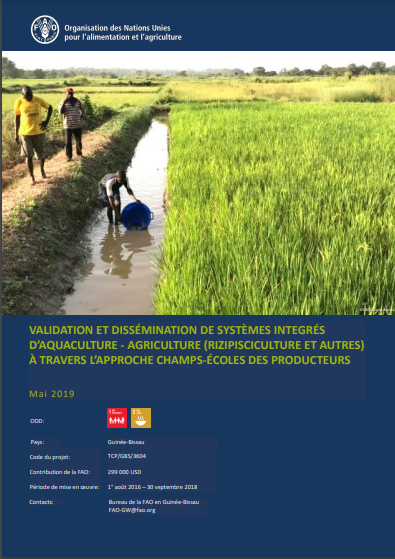
Validation et dissémination de systèmes integrés d’aquaculture - agriculture (rizipisciculture et autres) à travers l’approche champs-écoles des producteurs
05/2019
La Guinée-Bissau est l’un des pays les plus pauvres du monde. Réduit à une agriculture de subsistance malgré d’importantes ressources naturelles, il n’arrive pas à couvrir les besoins de sa population et se retrouve ainsi dépendant des importations. Des systèmes d’élevage de poisson intégrés à l‘agriculture...
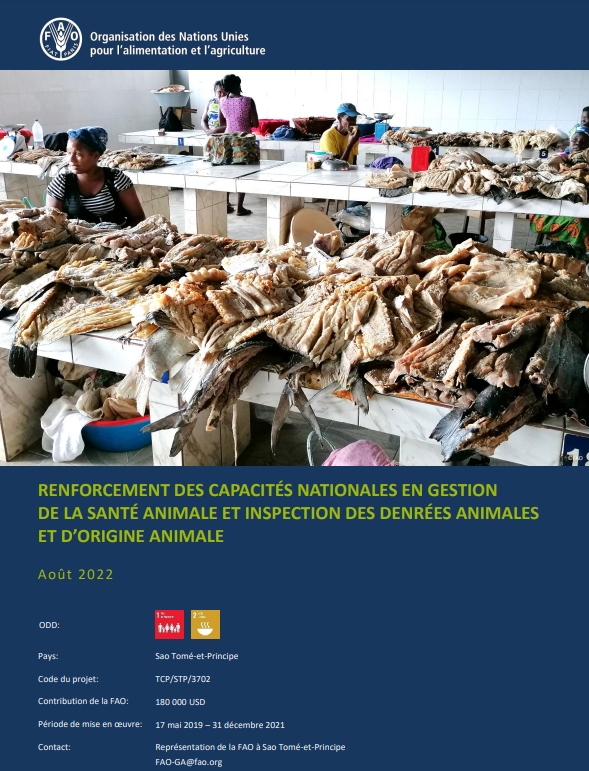
Renforcement des capacités nationales en gestion de la santé animale et inspection des denrées animales et d’origine animale
08/2022
L’élevage santoméen est principalement un élevage de basse-cour qui ne couvre actuellement qu’environ la moitié de la demande locale en produits animaux...
Working for the
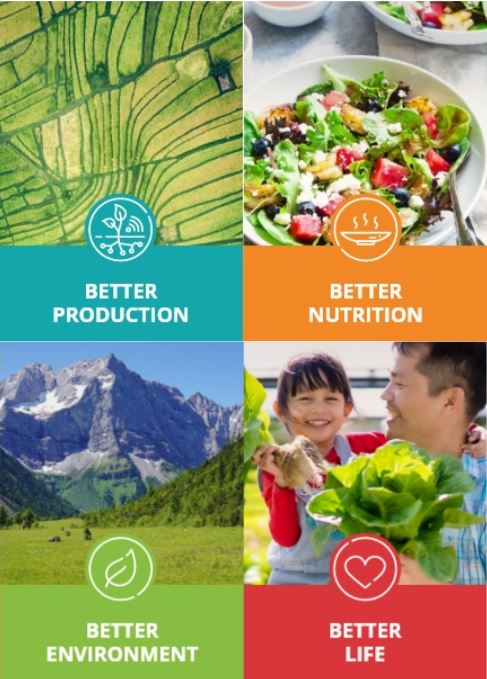
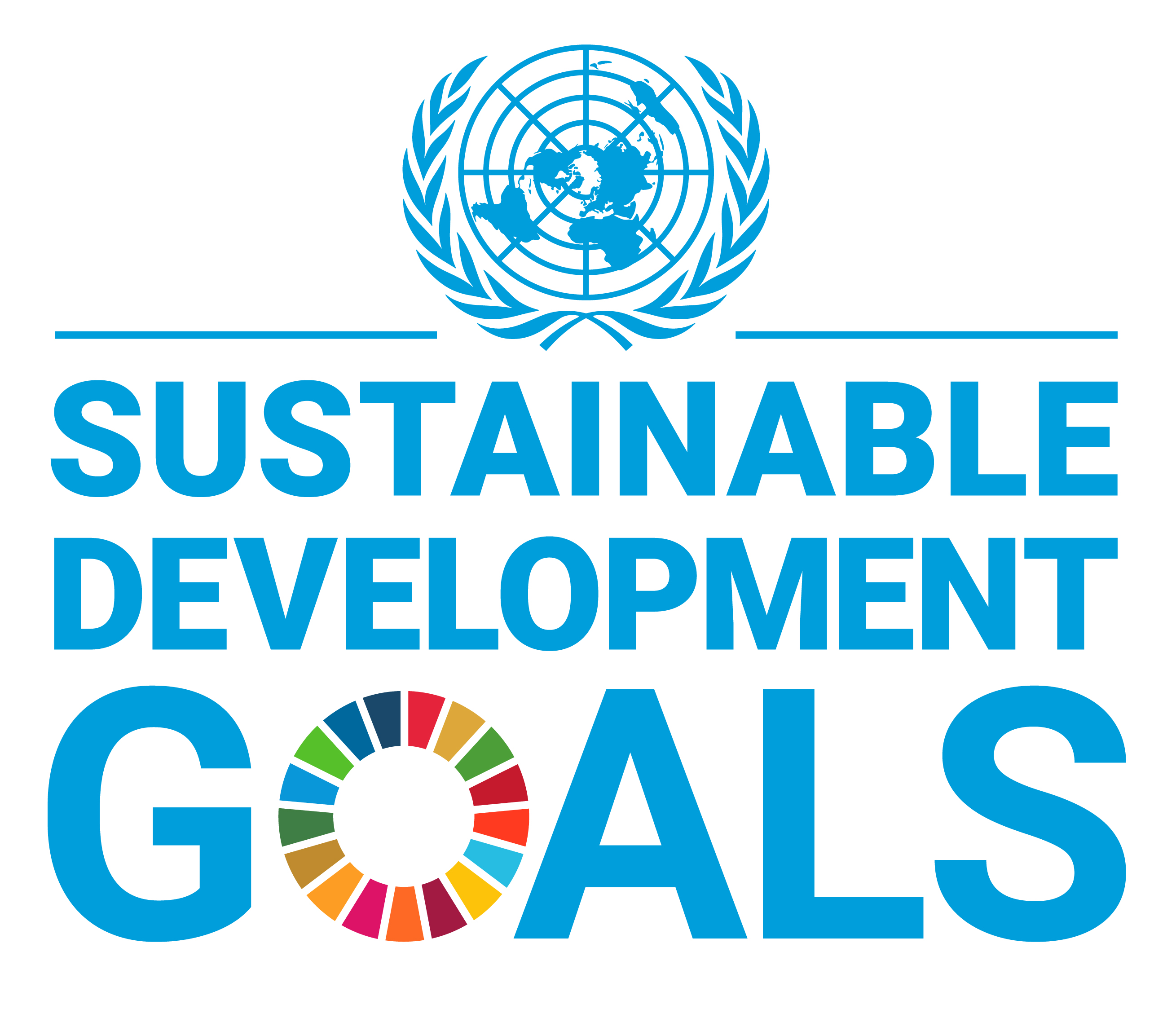
Related links
- TCP Evaluation 2020
- Partnerships
- Resource Mobilization
- South-South Cooperation
- FAO in Emergencies
- TCP Report 2019
Contact

.jpg?sfvrsn=de30d225_6)

-(1)_b6d313c6-89b1-4c5b-b304-ec497c1f2bd4.jpg?sfvrsn=cc7ff30e_12)
-jpg.jpg?sfvrsn=6939a081_6)
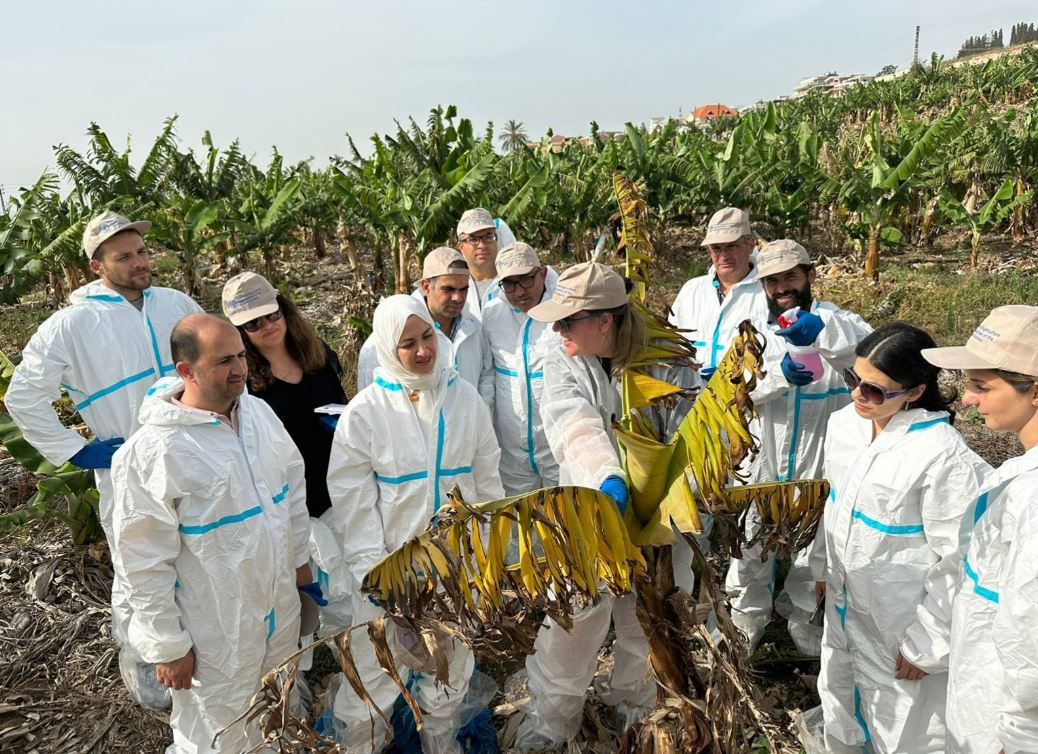
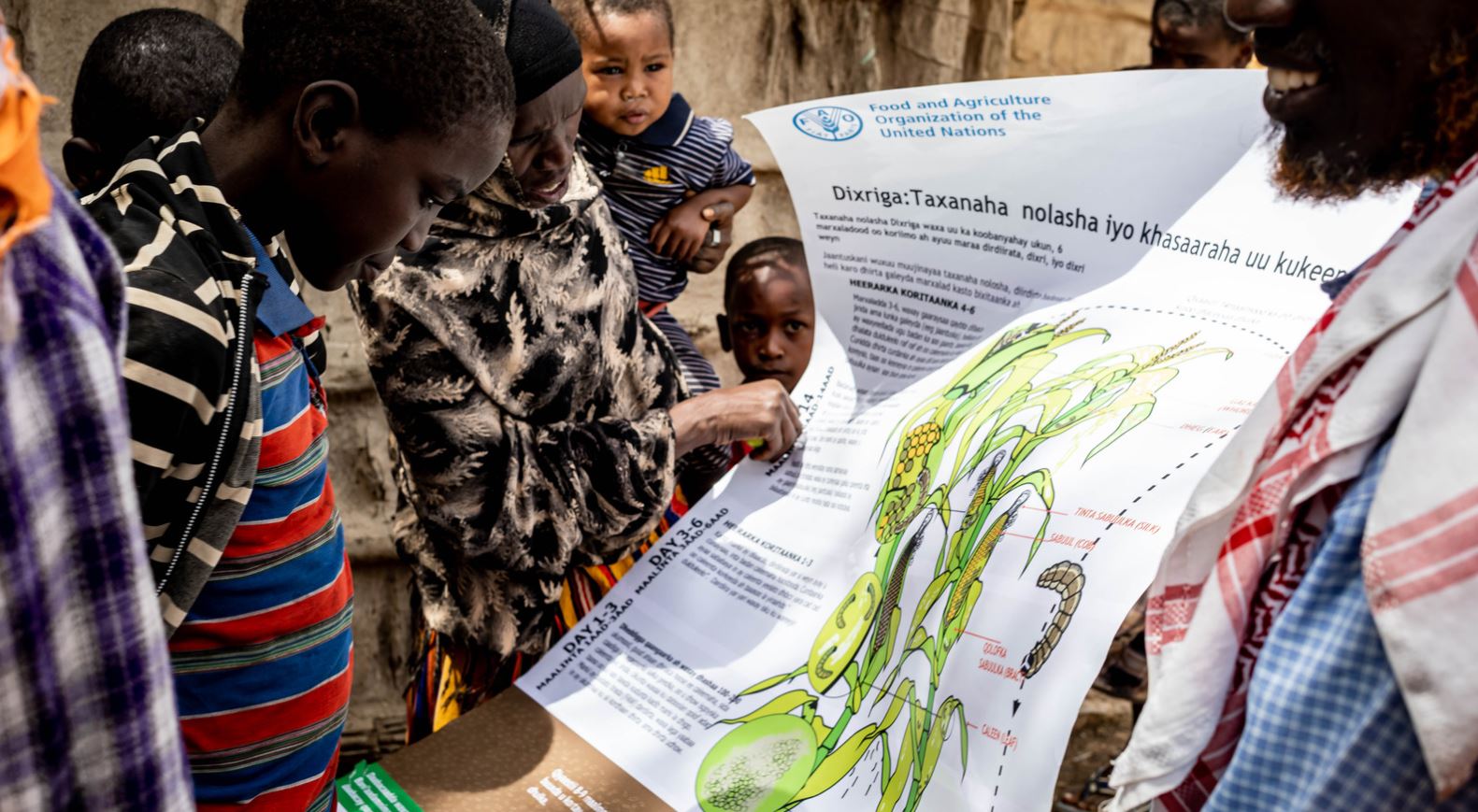
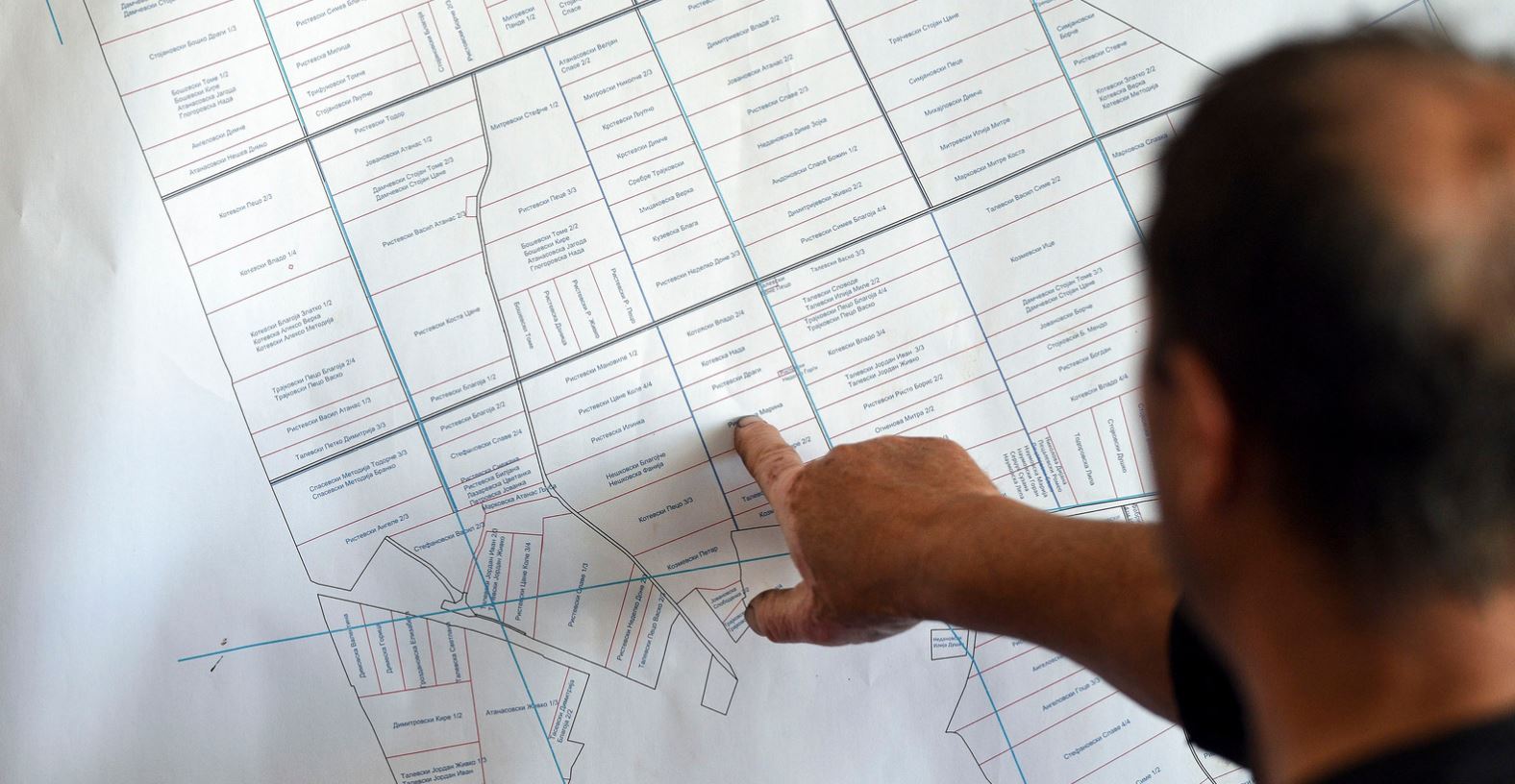
-(1)_4a09473d-3622-4201-b14e-c0af2d06289c.jpg?sfvrsn=4930ee18_13)
